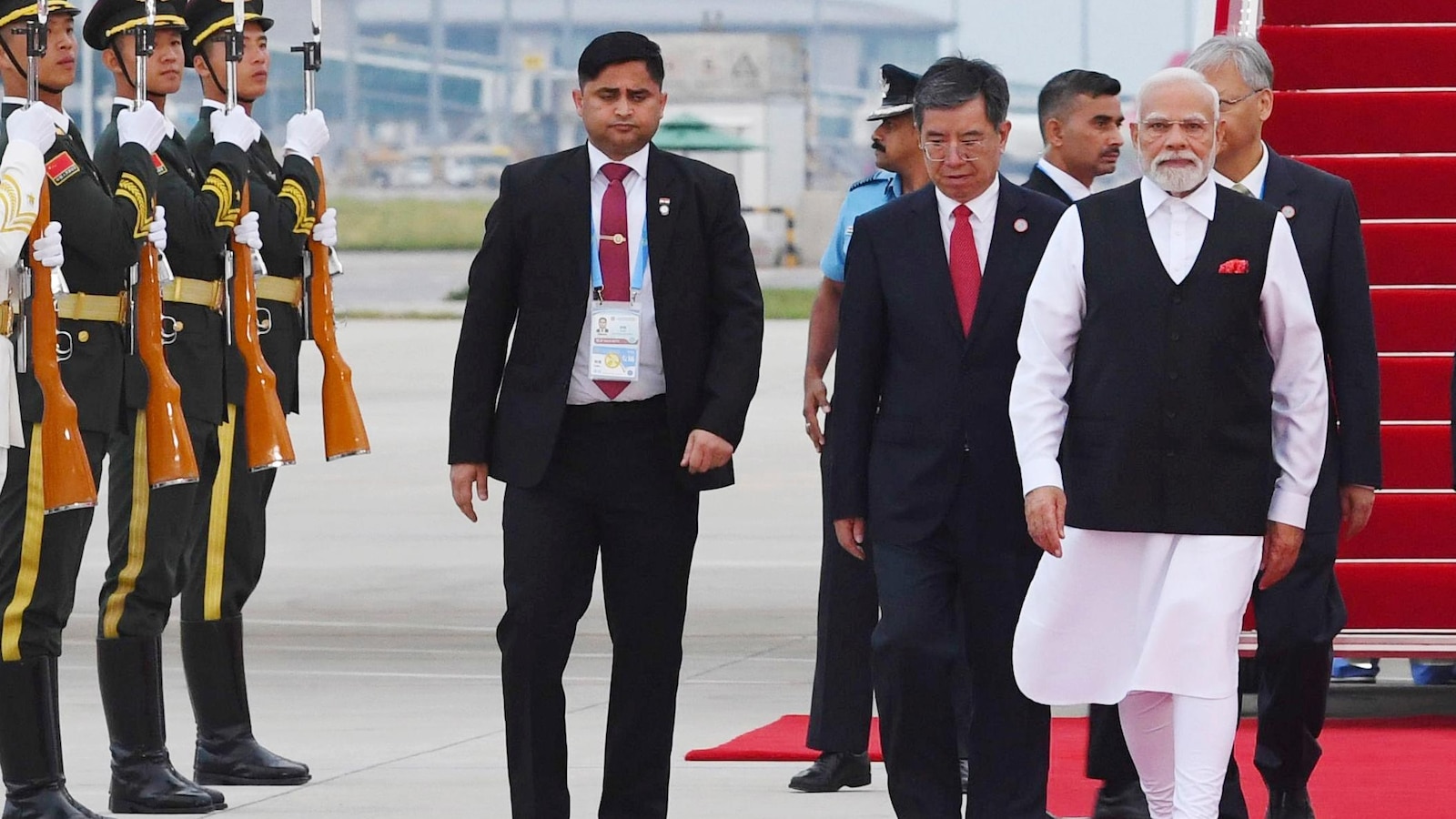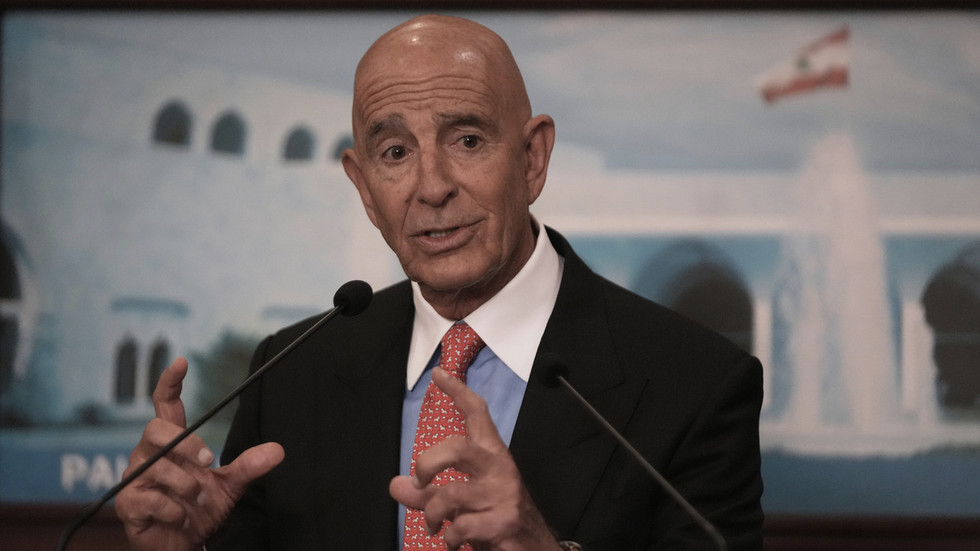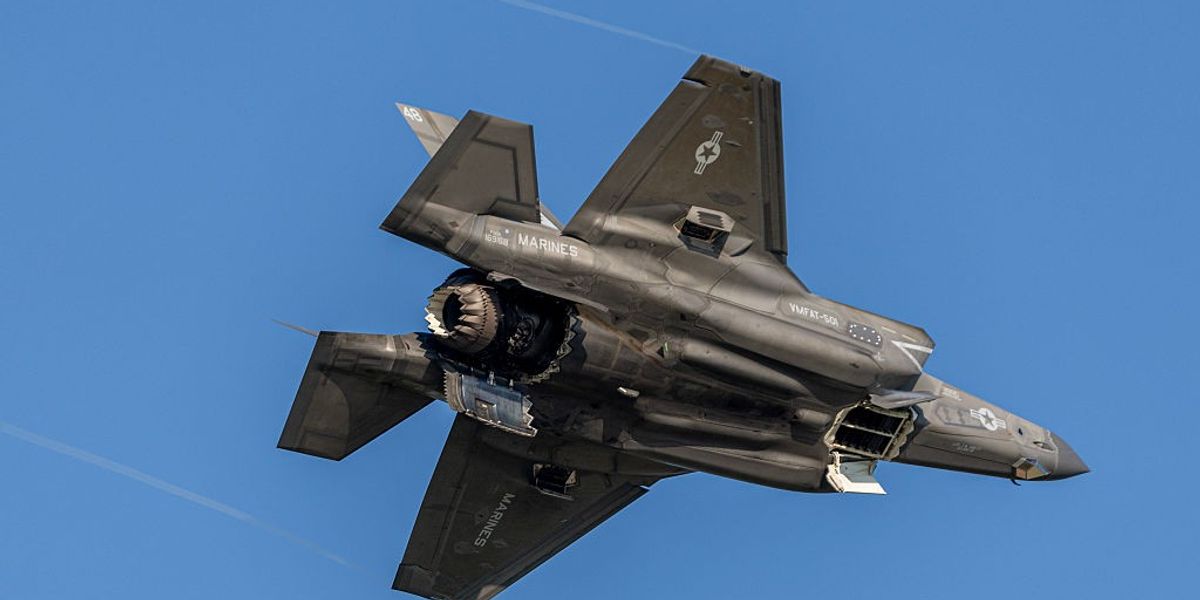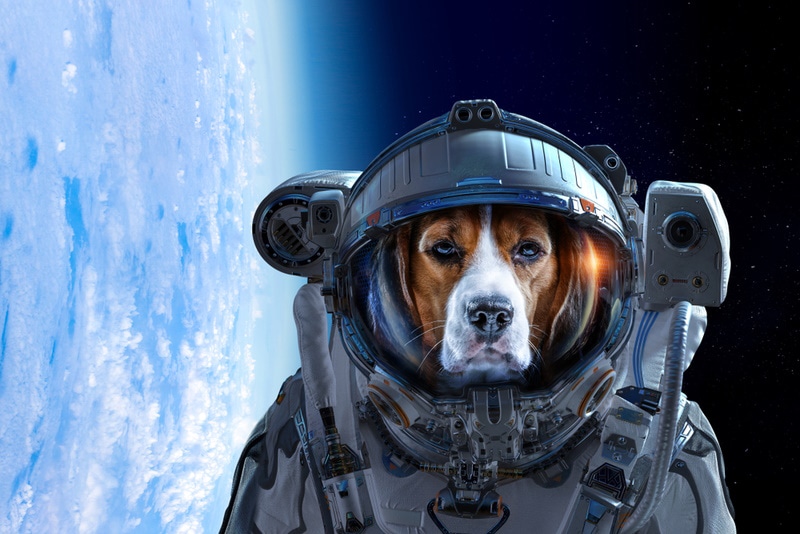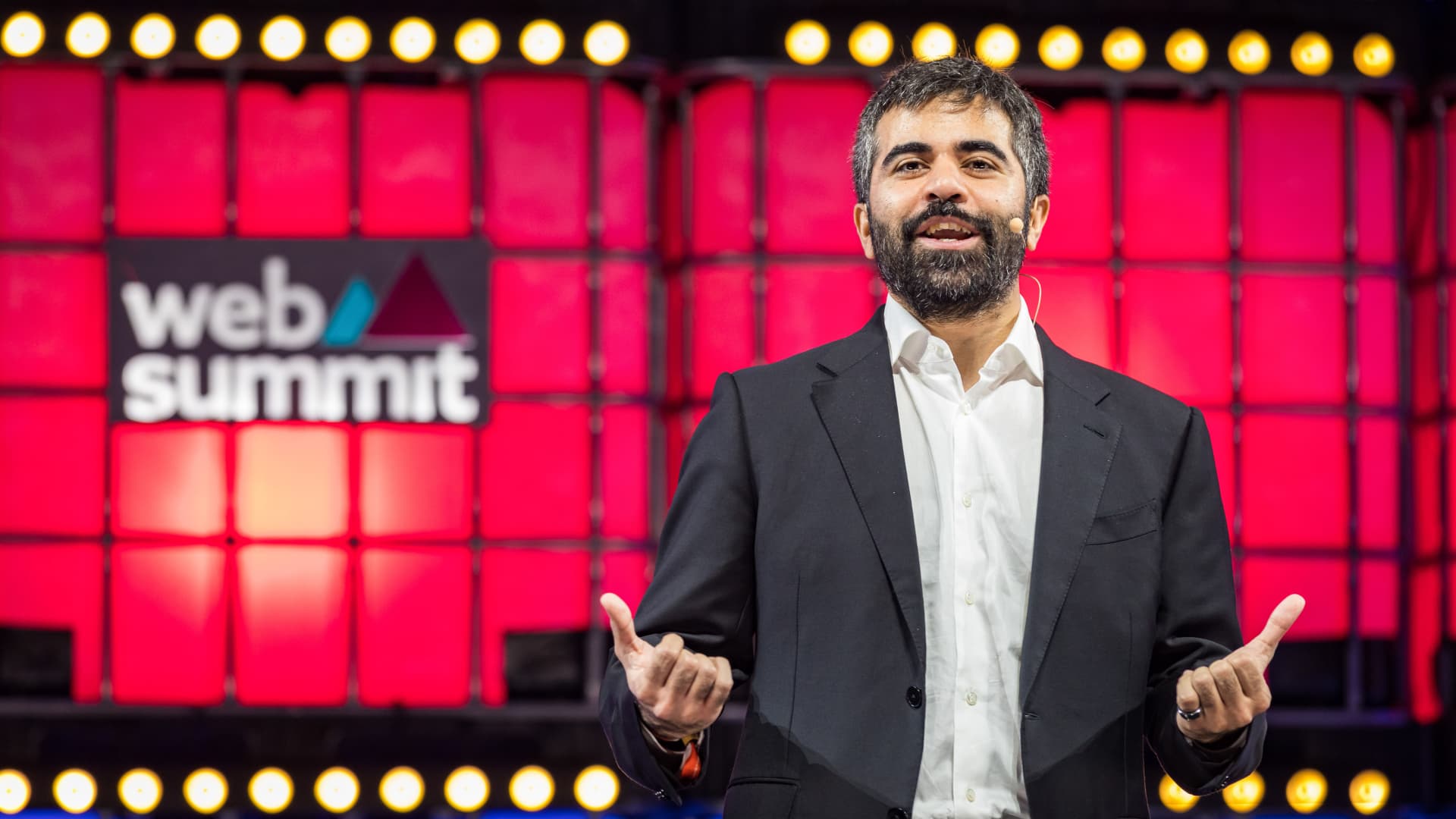German Chancellor Olaf Scholz departed for China on Saturday for a three-day trip in which he is set to meet President Xi Jinping after stopping in the cities of Chongqing and Shanghai.
He is due to reach Beijing on Tuesday for political talks that are expected to cover Russia’s war on Ukraine, tensions with Taiwan and also trade.
Western countries have tried to isolate Moscow in light of Russia’s all-out invasion of its neighbour, but Beijing is the Kremlin’s most important ally, although remaining outwardly neutral. China’s leadership has not condemned the Russian war and instead blames the West for the conflict.
Scholz addressed Russia’s actions in Ukraine with Xi on his visit to Beijing a year and a half ago, and later Xi opposed Russian threats to use nuclear weapons. This time, the question may be whether China joins a Ukraine peace conference in Switzerland in mid-June. The talks’ success could hinge on Beijing’s participation.
China is also endeavouring to initiate a process to end the conflict but is suspected of supplying Russia with goods that can be used for military purposes at the same time, an area that Scholz may also address.
“It is important that China does not support Russia in waging a brutal war against its neighbour Ukraine,” Scholz told the Tageszeitung daily newspaper before his departure.
Relations between China and Taiwan are fraught, meanwhile, with Beijing viewing the self-ruled democracy part of its territory, although Taiwan has had an independent government since 1949.
China is Germany’s most important trading partner and around a dozen managers of leading German firms are to join Scholz, including
the cjhief executives of carmakers Mercedes-Benz and BMW and of chemical company BASF. No one from Volkswagen, Europe’s largest car manufacturer, is part of the delegation this time.
Berlin’s China strategy aims to reduce its economic dependency to avoid sudden economic shocks as when Moscow cut its gas supplies to Germany after launching the war in Ukraine.
However, German business leaders are sceptical, with the 5,000 or so German companies present in China more concerned about unfair competition conditions and sales figures.
Meanwhile, cheap Chinese electric cars are flooding the European market, prompting Brussels to launch an investigation into possible illegal subsidies. Any countermeasures could trigger a trade war, a worry for German car manufacturers in particular.
Scholz is expected to be joined by Agriculture Minister Cem Özdemir, Transport Minister Volker Wissing and Environment Minister Steffi Lemke in Beijing.
The German leader also aims to address human rights issues during his trip, mainly concerns about the treatment of the Muslim Uighur minority in the province of Xinjiang as well as freedom of expression.
Human rights organizations want the chancellor to address the Chinese leadership clearly about these problems, and Scholz said for him talking openly about such issues is part of a “dialogue on equal terms.”
It is Scholz’s second trip to China since he took office in late 2021, but he only spent a day there in November 2022 due to the pandemic. This three-day trip is longer than any other visit he has made to any single country on one trip as chancellor.
He is first due to stop in Chongqing, the world’s largest city, home to some 32 million people, located on the Yangtze River. There, and then in Shanghai, Scholz is to visit German companies and also address students.


